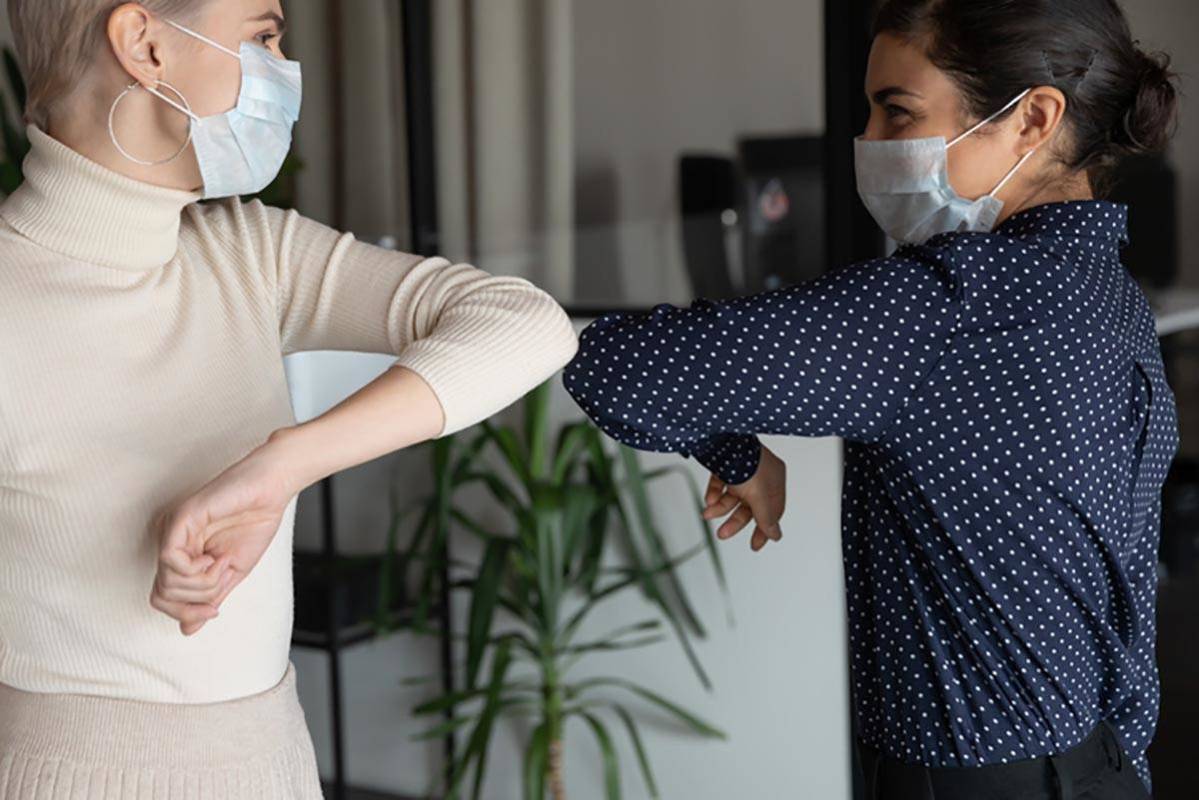DEBRA J. SAUNDERS: Lockdown hazard

WASHINGTON —
In a bid to convince potential viewers that it is more interested in lecturing the masses than informing them, CNN has produced ads about face masks. “This is a mask,” a know-it-all narrator claims. “It prevents the spread of coronavirus. This is not a political statement. It’s a mask.”
Whenever someone tells you that something is not political, they’re lying. They’re being political and trying to discourage others from challenging their views, because … well, they’re so right there is no other side.
Another CNN ad shows a montage of masks as the narrator declares, “A mask can say a lot about the person who wears it. But even more about the person who doesn’t.” Nothing political there.
Let’s be clear about why masks are a political issue. President Donald Trump rarely wears one. Ditto many of his supporters. On social media, it’s easy to expose no-maskers. Of greatest importance, masks are the rare social distancing policy advocated by Joe Biden and blue state Democrats that don’t kill jobs.
Focus on the mask, however, and you miss the fact that state COVID restrictions on businesses, schools and religious services have devastated the U.S. economy and are truly hazardous to public health.
In the real world, public health professionals and epidemiologists see the risk. Thousands of such experts signed the Oct. 4 Great Barrington Declaration, an open letter that warns, “Current lockdown policies are producing devastating effects on short- and long-term public health” — lower childhood vaccination rates, fewer cancer screenings and deteriorating mental health — that will lead to “greater excess mortality in years to come, with the working class and younger members of society carrying the heaviest burden.”
And: “Keeping these measures in place until a vaccine is available will cause irreparable damage, with the underprivileged disproportionately harmed.”
The answer is to end lockdowns while adopting measures to protect the vulnerable — I would add, said protections should be a priority, not an afterthought. That’s the sweet middle of this debate.
One more thing: “Keeping students out of school is a grave injustice.”
Jay Bhattacharya, one of three authors of the declaration as well as a Stanford University Medical School professor, physician and epidemiologist, told me that even when strict lockdown rules are observed, COVID will “still spread.”
Strict shutdown rules, he added, are “not possible to maintain over an extended space of time.”
It’s no longer spring, when American doctors weren’t sure how to treat COVID patients and, in a panic, ventilators were overused, Bhattacharya told me. Today’s treatments — dexamethasone, remdesivir and antibody therapies — are much more effective.
Mask mandates? Bhattacharya responded, “I’m not saying that masks shouldn’t have some role,” especially to protect vulnerable people, because there are instances in which they are appropriate. But he thinks that the mask issue has “divided people.”
The evidence on cloth masks, Bhattacharya noted, is “very, very mixed” and “there is no randomized study that says that mask mandates will help slow the spread of the disease.”
“It’s very mixed evidence,” he added. “I don’t think it’s worth the fight we’ve had over it.”
What bothers Bhattacharya especially is how the chattering class blame people who got the disease if they didn’t wear cloth masks.
(My aside: Cloth masks are not supposed to protect the wearer, but those around the wearer. So go ahead and be smug for blaming the bare-faced for getting sick because they didn’t wear cloth masks, but that attitude could create a false sense of security for the smug. I’ll wear one when appropriate, but six feet of distance is more likely to protect me. And still I could get it.)
Bhattacharya thought of other infectious diseases, such as HIV, and the work public health officials did to destigmatize illnesses and not blame those who are infected. It’s not an effective way to fight a disease.
“Shame,” he warned, “should not be in our tool kit.”
We live in a moment when Americans can assess their risk and how much they find acceptable. We take responsibility for ourselves, look out for the vulnerable and go forward.
Contact Debra J. Saunders at dsaunders@reviewjournal.com or 202-662-7391. Follow @DebraJSaunders on Twitter.